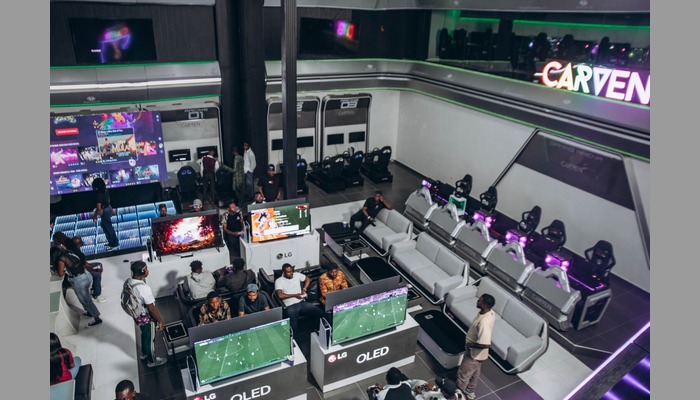By Anthony Nlebem
Copyright businessday

Nigeria’s gaming industry is projected to surpass $1 billion by 2028, powered by a young, tech-savvy population, rapid smartphone penetration, and strong engagement with mobile games and esports. Yet, despite its growth potential, the sector faces regulatory and compliance challenges that hinder sustainable expansion.
In response, the National Office for Technology Acquisition and Promotion (NOTAP) has introduced new directives aimed at tightening compliance and fostering technology transfer in Nigeria’s gaming industry.
Read Also: Africa’s gaming industry records $1bn revenue in 2024 – KPMG
The guidelines were unveiled at a sensitisation workshop in Lagos, organised by Azare Consulting Limited in partnership with the Association of Nigerian Bookmakers (ANB).
Themed “Driving Compliance, Enabling Growth: Understanding NOTAP’s New Directives for the Gaming Sector”, the event brought together regulators, gaming operators, technology providers, and policy experts to discuss the implications of the reforms.
In her keynote address, Dr. Barrister Lady Obiagelli Amadiobi emphasised the importance of aligning technology inflows with Nigeria’s national interest.
“The gaming industry is, at its core, a technology industry. It thrives on software engines, complex codes, cloud infrastructure, and digital payment systems. much of which involves agreements with foreign operators. NOTAP’s role is to ensure these technologies are acquired and adapted within the framework of our national growth and competitiveness.”
The New Directives
To strengthen the sector’s regulatory framework, NOTAP rolled out three key directives:
Mandatory Registration of Technology Transfer Agreements (TTAs); Local Content Development and Intellectual Property Protection.
In his remarks, Chibuzor Fagbule, General Manager of Azare Consulting Limited, stressed that NOTAP’s new directives are designed to provide clarity and build a stronger foundation for Nigeria’s rapidly expanding gaming sector.
“The gaming sector has grown rapidly in the last decade, driven by innovation, foreign technology partnerships, and increasing market demand. But as with every growth industry, regulations must evolve.”
Fagbule highlighted that Nigeria’s gaming sector is now worth billions of naira, providing jobs for thousands of Nigerians while attracting global partnerships. However, the industry’s heavy reliance on foreign technology, from betting platforms to payment gateways and content provision, makes regulatory oversight critical.
“This reliance on foreign technology makes regulatory oversight indispensable. The Central Bank of Nigeria and NOTAP’s intervention has been a long time coming. Their role is to ensure that the sector remains compliant, transparent, and ultimately beneficial to both local operators and the Nigerian economy.”
Industry players believe compliance with these directives will allow gaming operators to access the official CBN forex window, strengthen partnerships with foreign technology providers, and enhance sustainable growth.
Nigeria’s gaming revenues hit $249 million in 2021, with mobile gaming as the primary driver. With the new regulatory push, stakeholders are optimistic that the industry can overcome its structural challenges and unlock its full economic potential.



